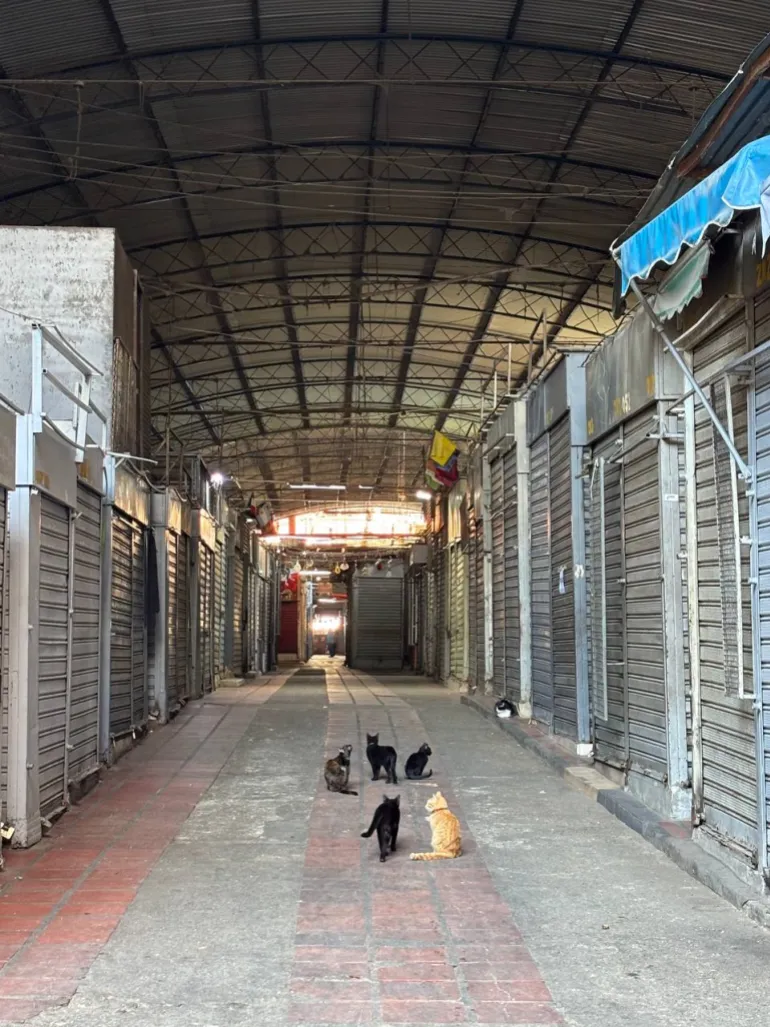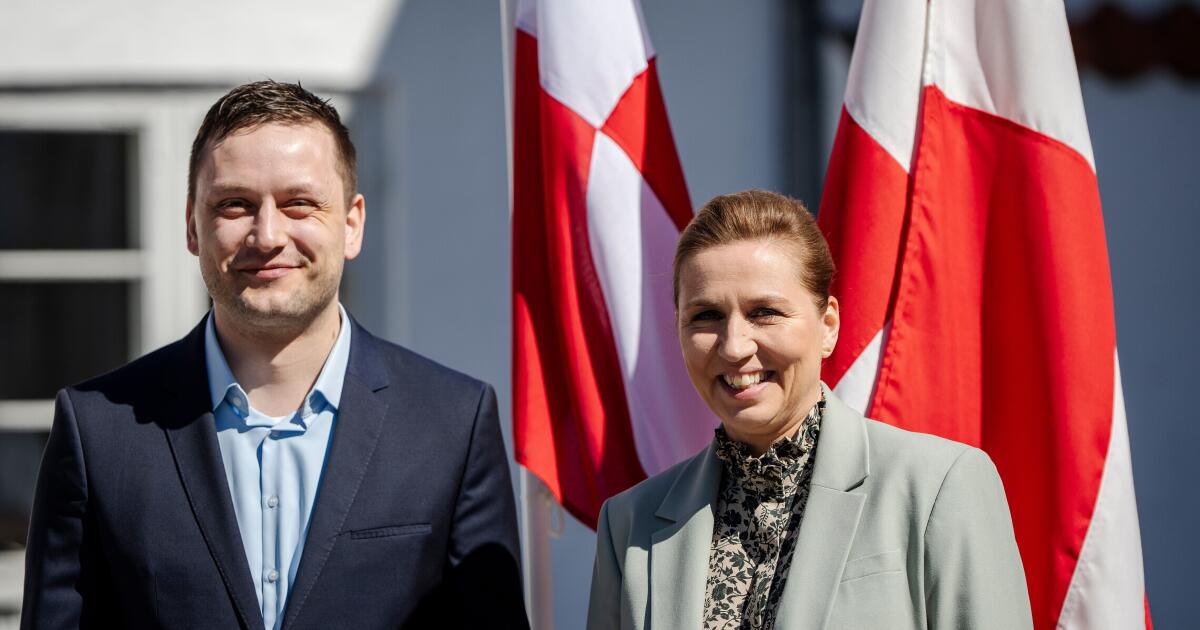Price hikes, queues and tension: Venezuela shoppers uneasy after US bombing | US-Venezuela Tensions News
Caracas, Venezuela – The normally noisy capital of Caracas was eerily quiet on Monday, two days after the United States bombed the city and abducted Venezuela’s leader, Nicolas Maduro.
But many “caraqueños” nevertheless ventured out to buy food and other necessities, albeit at marked-up prices.
Recommended Stories
list of 3 itemsend of list
The tense atmosphere on Caracas’s streets was yet another sign of the uncertainty facing everyday Venezuelans, as they face the looming threat of further US intervention.
Local authorities have called for regular economic activity to continue in Venezuela. But some stores nevertheless remained closed, while households stocked up on basic supplies in case of shortages.
At Caracas’s central market, Quinta Crespo, many shopkeepers had shuttered their businesses for fear of unrest and looting.
Lines of 10 or more people often stretched outside the stores that remained open, despite the midday sun. Officers from the Bolivarian National Police patrolled outside to keep the queues calm.
Shoppers told Al Jazeera they were buying non-perishables, like corn flour, rice and canned goods, in case the security situation deteriorated in the capital.
“I’m looking for basic necessities, given the situation the country is going through,” said Carlos Godoy, 45, who lives in the western Caricuao district of Caracas. “We are waiting to see what happens. We are all in suspense, in uncertainty.”

Among the most expensive products Godoy saw on his shopping trip was powdered milk, which he said is selling for $16 per kilogram.
Another shopper, Betzerpa Ramírez, said she felt calm, despite the early-morning attack on Saturday. While she felt no need to hoard food items, she did note that prices for some goods have increased.
“Hygiene items are more expensive, even more than food,” she said.
Alexandra Arismendi, who works in a mobile phone shop at the Sambil mall in one of Caracas’s busiest shopping districts, expressed frustration with some of the recent price spikes.
The price of eggs, she said, was “exaggerated”.
“Prices are high,” she said. “A carton of eggs is selling for $10, which is beyond normal.”
Her colleague at the mobile shop, 23-year old María Gabriela, lamented the slump in sales, as shoppers stay indoors for fear of further unrest.
The normally bustling mall had largely emptied of its usual crowds. Gabriela herself was hesitant to show up for work. She travelled by taxi to avoid public transport.
“We thought people would be looking for chargers or power banks [for possible power failures], but they have been looking for other things,” Gabriela said.
“There has been no usual activity. It has been one of the strangest days in recent months.”
Venezuelans have become accustomed to volatile price increases and supply shortages over the past decade. Experts often blame government corruption, mismanagement and US sanctions for destabilising Venezuela’s economy.
During Maduro’s presidency, oil prices plummeted, sending Venezuela’s petroleum-heavy economy into free fall.
By 2018, inflation hit more than 130,000 percent, according to the country’s central bank. The COVID-19 pandemic also dealt the economy a wallop, leading to shortages of food and health supplies.
Maduro’s government has not published inflation statistics since he claimed victory in 2024’s disputed presidential election.

It remains unclear to what degree normalcy will return to Venezuela after the US attack on Saturday.
Early that morning, the administration of US President Donald Trump launched munitions against military installations in the states of Caracas, Aragua, Miranda and La Guaira.
At least 80 people died in the attack, according to an anonymous Venezuelan official quoted in The New York Times.
The US military offensive was over in a matter of hours. But Trump has warned he could authorise a “second wave” of attacks, should his demands for Venezuela not be fulfilled.
The Venezuelan government has also declared a state of emergency to “immediately begin the national search and capture of everyone involved in the promotion or support for the armed attack by the United States”.
It has maintained that Maduro remains the leader of Venezuela, despite his abduction to the US.
To Arismendi, the tension in Venezuela has not yet reached the level seen after the 2024 election, when thousands of protesters took to the streets.
“I feel that there was more tension around the elections,” said Arismendi. “Thank God we’re not at that level right now, but I feel like we’re not that far off either.”

